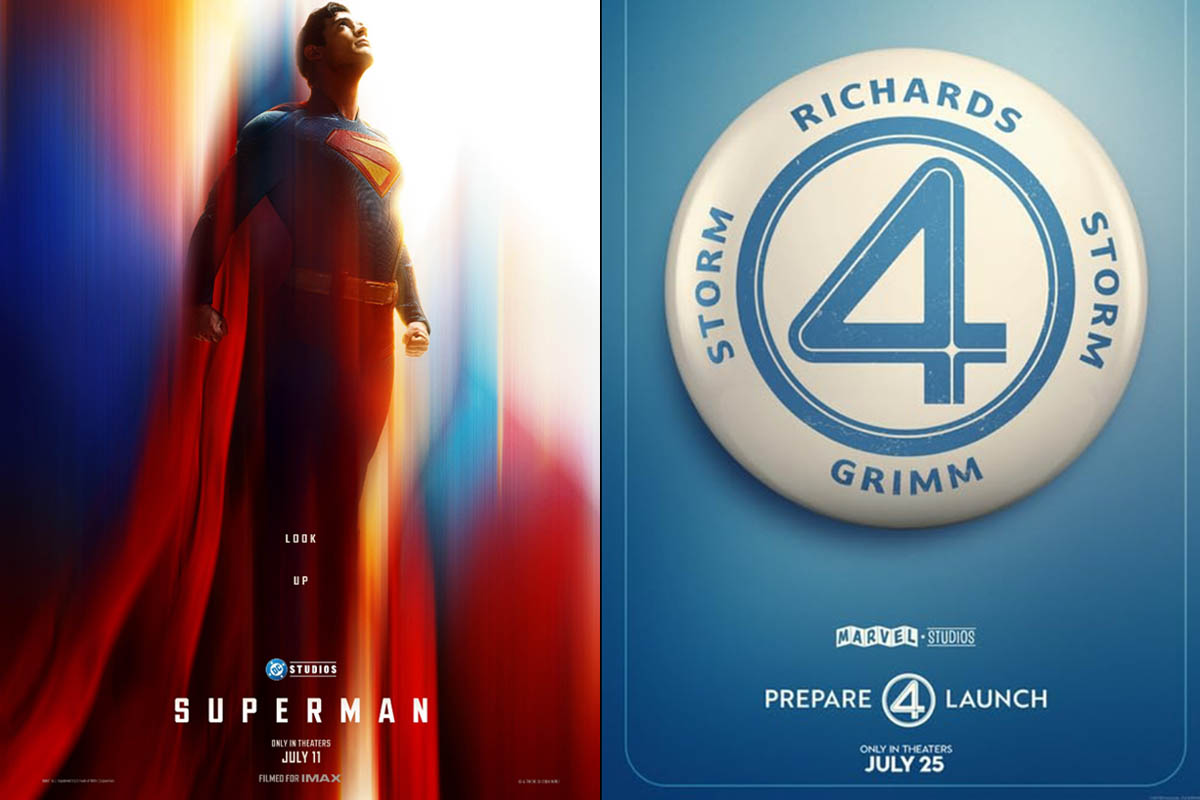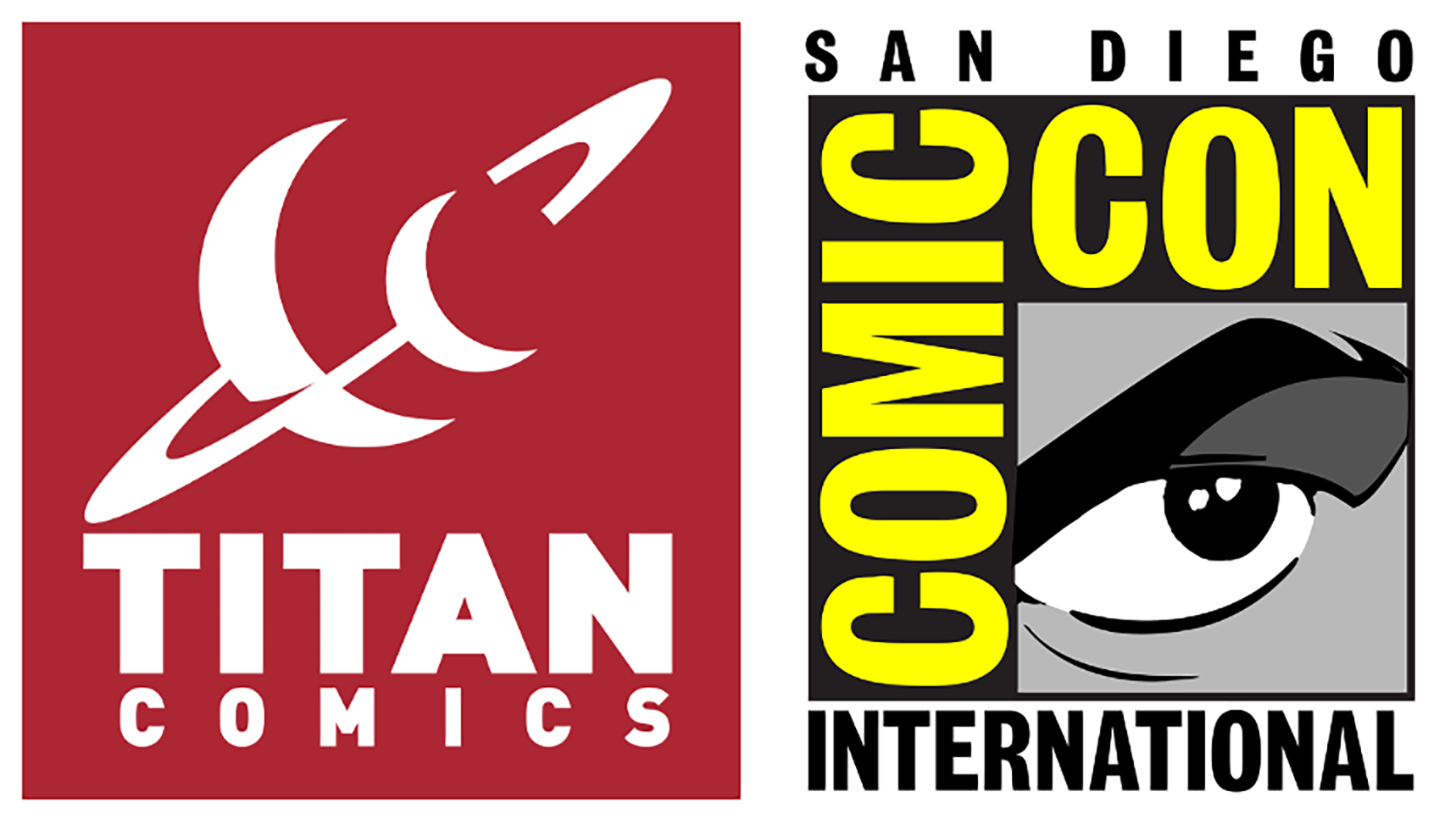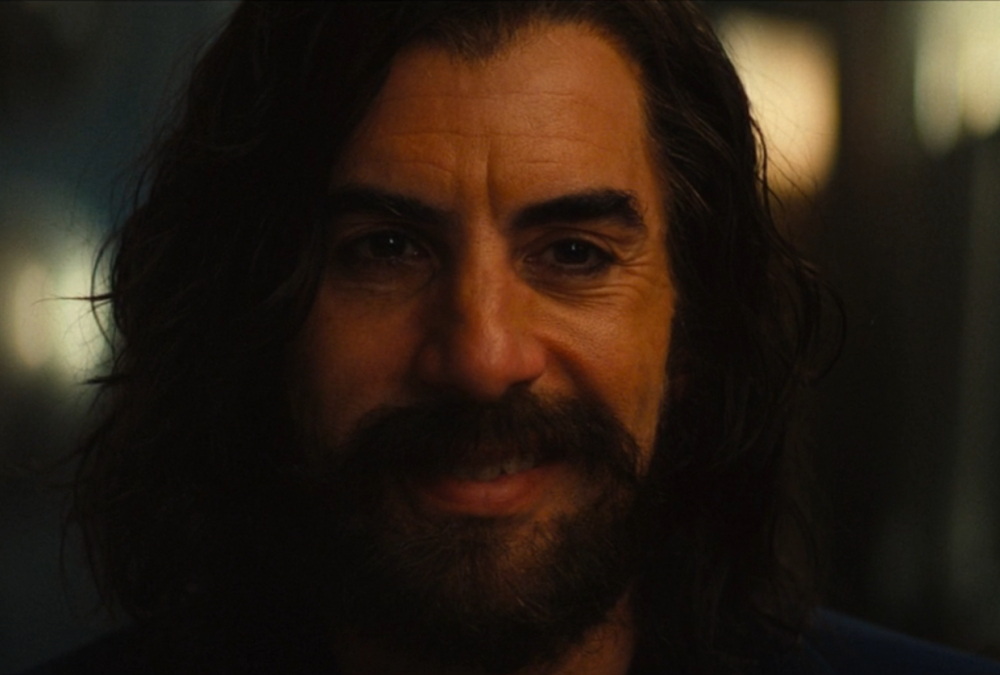The Story of God with Morgan Freeman on NatGeo channel is not just about God, but it’s also about on how we are soul searching and finding our way towards the meaning of life.
In its third season, The Story of God with Morgan Freeman continues to explore the impact of religion on the human journey by examining the aspects of faith—or lack thereof—that shape us daily. With Academy Award-winning actor Morgan Freeman as a guide, audiences are transported to some of the world’s holiest sites to investigate the similarities of religious principles across faiths and their impact on the world. Morgan’s curiosities drive him to explore some of the most pressing religious questions—do people among us embody the divine? Is there a way to overcome our sins? Are morals still instructed by God’s commandments? Morgan ventures to sites around the world to search for answers.
LRM Online exclusively spoke with Nelufar Hedaya, a correspondent on the show. She hosted three segments for The Story of God with Morgan Freeman. We discussed her upcoming episodes and his involvement with the show.
Nelufar is an award-winning journalist who previously hosted the series The Traffickers on Fusion TV, uncovering the illegal trade and trafficking of people, precious minerals, drugs and endangered species. She had earned numerous nominations and awards for her work, including with organizations of Association for International Broadcasting, Asian Media Awards and Gracie Award from Alliance for Women in Media. She worked for BBC, Channel 4 News and The Guardian, chronicling the challenges facing women, children and families in conflict zones, from vaccination battles to organ markets to the global refugee crisis and health workers risking their lives to vaccinate children in hostile regions.
Check your local listings for the time and schedule for The Story of God with Morgan Freeman.
Read our interview below.
LRM: I’ve checked out one of the episodes that you are in. I want to know is how did you get involved with the story of God in the first place?
Nelufar Hedayat: It depends on what you mean by involved. I’ve been watching it for years. It’s so integral on what I find interesting as a documentary maker trying to ask the big questions and trying to understand how people work and function. The Story of God with Morgan Freeman, for me, isn’t an opportunity to answer what God is or who God is. It’s to try to understand the relationship between humanity and the design. There really, really can’t be a bigger question than that.
I’ve been watching it as a viewer, as a fan, for quite a long time. When Nat Geo asks me to get involved, I couldn’t quite believe the call when I got it. It’s astonishing to me that this kind of program is still made. In fact, to me, it’s a brave commission. If you’re going to pitch it or if your channel trying to sell a show about philosophy, ethics and religion, it is not easy with a crowded marketplace we have at the moment when it comes to documentaries and factual filmmaking. I’m just thrilled to be part of it in any way.
LRM: Excellent. How long have you been a part of this program?
Nelufar Hedayat: This is my first season. I am hopeful that I will be involved in more. I don’t want to count my chickens until they’ve hatched. I’ve done three stories for this series in the third season. I don’t want to say that they’ve all been revelations, but they’ve all been amazing work opportunities with astonishing human experiences. It’s been amazing to learn new things, working with different types of crew compared to what I’m used to in Britain. Equally, it’s about the opportunities of being able to sort of connect the spaces that would never really ordinarily would.
I’ll give you an example. I think the Hagia Sophia at least three times. I’ve never have been that when it is empty at sunset in the golden hour as the monks and the religious priests would in that historic place. It reduces you to the most fundamental ethics of what it is to be human. You are in the presence of something truly masterful. It’s very humbling on many levels. I was just thrilled to be part of the show.
LRM: Did you choose the subjects that you participated in or did they picked it out for you?
Nelufar Hedayat: It was sort of a combination of both. A lot of this is down to timing, depending on which rituals and which processes within these saints and religion to be in practice at the time of filming. I worked really closely with others to try and identify stories that resonated with me personally. It was a roster of things we wanted to do. I got very excited by some and thosethe stories I ended up doing.
LRM: You mentioned one of your stories already. What are the other two stories that you’ve done?
Nelufar Hedayat: I’ve already done the Devil’s Throne, which was truly, truly an eye-opening experience. The other two, one is about the idea of the religious tolerance in Hagia Sophia in Turkey. We explored and tried to understand how religion tried to place their mark and onto these iconic places. How does one religion become tolerant of another? In this particular space, as my expert told me, the Muslim priests didn’t destroy the Christian iconics that existed that before. You have to wonder if there was something beautiful in those gorgeous top loads and those beautiful mosaic tiles? Or was it because they recognize the divine irrespective of the faith? All of these astonishing question we tried to understand.
Then the final episodes I did was in one of the most beautiful synagogues I’ve never been in Southern France. I got to spend time with this astonishing Rabbi, a practitioner of Kabbalah, tried to understand the hidden meanings, faith within these texts. I really got to see a perspective of religion I had never seen before, as a practicing Muslim for me, religions is explained to us in very black and white. Here I am with a Rabbi who speaks Arabic. He was able to show me ways of understanding religion, faith and meaning that are hidden from us. I had to take a take a moment to really reflect on what he was trying to explain. It was a very, very moving moment.
LRM: As a practicing Muslim yourself, is this much more of an eye opener as you do more episodes?
Nelufar Hedayat: Absolutely. Without a shadow of a doubt. For me, the thing that really interesting is that how The Story of God with Morgan Freeman is a testimony in the production to be anchored in the way of discovery. My role is a seeker. I’m not there to answer the question. It’s to seek. It’s to uncover the perception and meaning. As Muslim who, I know what I should and shouldn’t be in belief for me. This is an opening of different space. It just humbles you. It makes you realize that all the giant tapestry of humanity covered in these narratives and these stories of God.
LRM: As a religious person, when you watch like some of these episodes, do you get ever get an ounce of doubt or do you just basically respect what other people believe?
Nelufar Hedayat: I don’t think living in the modern world and so engrossed by the technologies and the astonishing wealth of knowledge we’ve got nowadays. I don’t think it would be right not having a little bit of doubt. For me, doubt is a pillar of my faith. My job is to be Islam in its truest form–is to seek knowledge. With that, you have to bow your head. That’s what we do when we pray–we bow our head to God, the universe, and the scripture. It’s definitely part of my faith. Take a step back, listen, respect others and be tolerant of other perspectives.
LRM: Did you have a chance to meet Morgan Freeman himself? To some of us, he’s like the closest thing to God on screen.
Nelufar Hedayat: I mean to you and me both to be honest with you, Gig. The first time I met Morgan, I was just struck by how humble he was. He was talking to a young man who was trying to explain about a science fair. In my mind, I was thinking with everything you’ve seen, all the places you’ve been to–how inspiring that you have a capacity to listen and be interested. I marvel at it. He is gracious. That’s Morgan.
LRM: For yourself as a documentary filmmaker, are there other type of subjects that you still want it to uncover? I know your personal projects had been trafficking and food.
Nelufar Hedayat: That’s exactly right. The global food market and how we are all impacted by the choices large corporations make on our behalf. I think the two things that I’m always fascinated by are of how does something work and how does something move from one place to another place. The traffic is an important project. For me, having had the fortune of working with the greatest talent in the industry as I see it. The luxury with what I can do now in my career–I take every opportunity I can get. I know that what I want to do next has a lot to do with womanhood. What it needs to be a woman. What it means to have gender politics plays out. This pops back to my career when it started and when I was still in 21 fresh off my degree. I takes me back where I saw the trying to understand our place in the world. I was born in Kabul in Afghanistan. What being a woman means to me and my family at the global perspective. It’s astonishing to me. I’m just keen to explore how I can sort of work in that space.
LRM: I do want to know is why did you want to go into this field in the first place? I mean you could have done regular journalism, but why do you want to do like this documentary style of storytelling?
Nelufar Hedayat: As a child of war and as a person throughout the early 2000s, of watching the news and hearing, everyone’s telling my story, I got a fire in my belly. I was sick and tired in watching people tell me about my life. I wanted to tell my own story. With that, it kind spurred me on to hear other people, to understand, and to give people a voice where I felt like I never had one. It’s a part of who I am, my history and my background. It’s what I do and what I love doing.
LRM: Thank you for this conversation. I’ve seen some of your work and I think you’re a great role model. Thank you.
Nelufar Hedayat: Oh, I really appreciate that. Thank you for the time. Thank you. Appreciate it.
Source: LRM Online

 FOR FANBOYS, BY FANBOYS
Have you checked out LRM Online’s official podcasts and videos on The Genreverse Podcast Network? Available on YouTube and all your favorite podcast apps, This multimedia empire includes The Daily CoG, Breaking Geek Radio: The Podcast, GeekScholars Movie News, Anime-Versal Review Podcast, and our Star Wars dedicated podcast The Cantina. Check it out by listening on all your favorite podcast apps, or watching on YouTube!
Subscribe on: Apple Podcasts | Spotify | SoundCloud | Stitcher | Google Play
FOR FANBOYS, BY FANBOYS
Have you checked out LRM Online’s official podcasts and videos on The Genreverse Podcast Network? Available on YouTube and all your favorite podcast apps, This multimedia empire includes The Daily CoG, Breaking Geek Radio: The Podcast, GeekScholars Movie News, Anime-Versal Review Podcast, and our Star Wars dedicated podcast The Cantina. Check it out by listening on all your favorite podcast apps, or watching on YouTube!
Subscribe on: Apple Podcasts | Spotify | SoundCloud | Stitcher | Google Play



